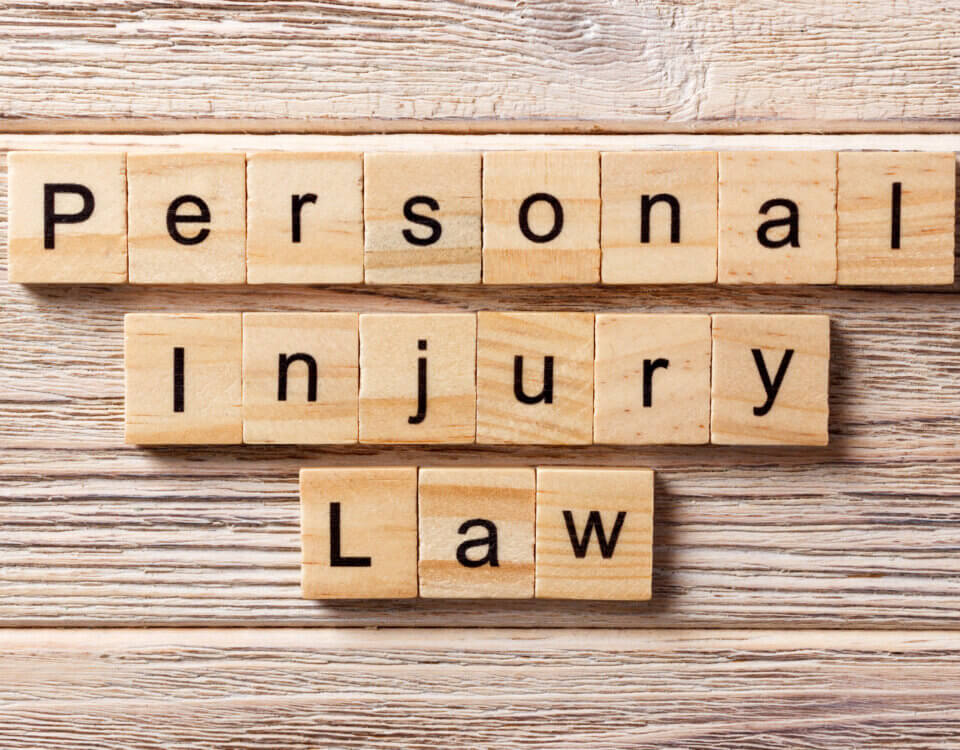Swimming pools are a popular way to relax and cool off in California, whether at a private home, a resort, or a public facility. But pools can also be dangerous. According to the Centers for Disease Control and Prevention (CDC), 10 Americans die from unintentional drowning every day, and countless others suffer serious, nonfatal pool-related injuries.
If you or a loved one has been injured in a swimming pool accident, you may be wondering who is responsible and whether you should contact a personal injury lawyer. At Hillstone Law, our attorneys help victims of pool accidents pursue justice and secure the compensation they deserve.
Who May Be Liable for Swimming Pool Accidents?
Property Owners
If an accident occurs because of unsafe pool conditions, the property owner may be held liable. California law requires property owners to keep their premises reasonably safe for guests. When owners fail to maintain their pools or ignore known hazards, they may be responsible for resulting injuries.
Business Owners
Resorts, casinos, gyms, and other facilities with pools owe an even higher duty of care. These businesses must regularly inspect their property, identify potential dangers, and take proactive measures to prevent accidents before they happen. Failure to do so can result in serious liability.
Manufacturers and Designers
In some cases, pool accidents are not the property owner’s fault at all. If a pool, diving board, or water slide has a dangerous design or manufacturing defect, the designer or manufacturer may be held responsible under product liability laws.
Common Causes of Swimming Pool Accidents
Swimming pool accidents are not always the result of drowning. Other hazards include:
- Slippery walkways causing falls
- Overexposure to pool chemicals or allergic reactions
- Defective drains that create strong suction and trap swimmers
- Poorly designed or malfunctioning diving boards and slides
- Lack of warning signs or safety equipment
- Inadequate supervision at public or private pools
Each of these situations may give rise to a valid personal injury claim.
Attractive Nuisances and Child Safety
California law treats children differently when it comes to trespassing. A swimming pool is considered an “attractive nuisance” a feature that naturally draws children who may not understand its dangers.
Property owners must take reasonable steps to secure their pools, such as:
- Installing fences with locked gates
- Covering pools when not in use
- Ensuring safety equipment is available
Even if a child enters the property without permission, the owner can still be held liable if they failed to take precautions.
What to Do After a Swimming Pool Accident
If you or someone you love has been injured in a pool accident:
- Seek Immediate Medical Care – Document injuries and follow treatment plans.
- Report the Incident – Notify the property owner, manager, or relevant authority.
- Document Evidence – Take photos of the pool area, hazards, and your injuries.
- Gather Witness Information – Obtain names and contact details of anyone who saw the accident.
- Contact Hillstone Law – Our attorneys will investigate liability and pursue the compensation you deserve.
How Hillstone Law Can Help
Swimming pool accidents often involve complex questions of negligence and liability. At Hillstone Law, our California personal injury attorneys will:
- Investigate the circumstances of the accident
- Identify all potentially liable parties (owners, businesses, or manufacturers)
- Collect evidence to support your claim
- Handle negotiations with insurance companies
- Pursue full compensation for medical expenses, lost wages, pain and suffering, and more
Our goal is to make sure you and your family are not left to shoulder the financial and emotional burden of a swimming pool accident alone.
Contact Hillstone Law Today
If you or your child has been injured in a swimming pool accident in California, don’t wait to take action. Contact Hillstone Law today for a free consultation. Our experienced attorneys will review your case, explain your rights, and fight to hold negligent parties accountable.






